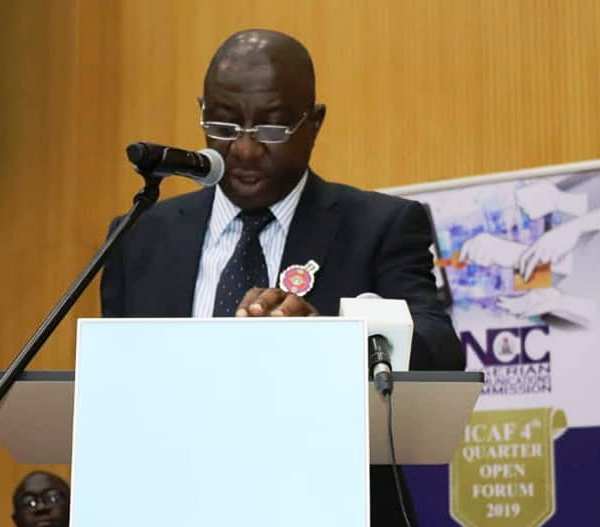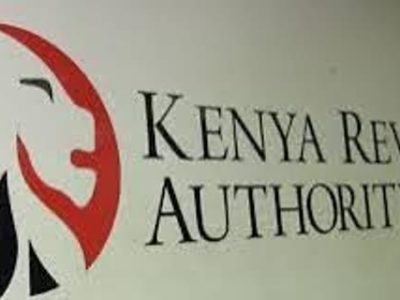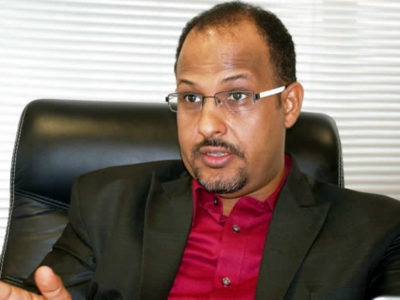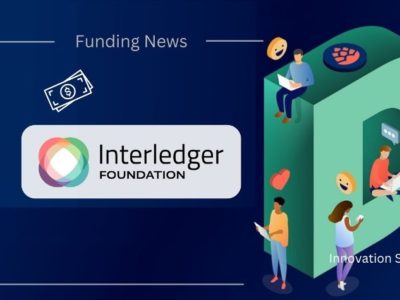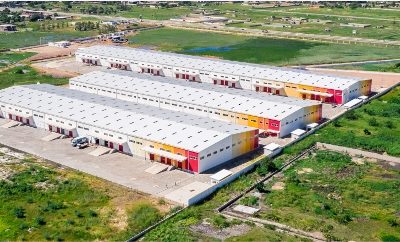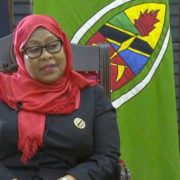Beware! Free WIFI could mean trouble, and an easy access by cybercriminals into your financial vault, the Nigerian Communications Commission (NCC) has warned telecom consumers as it intensified regulatory efforts to protect the consumers against inancial frauds.
Free phone-charging ports, especially at airports and other public places could also make it easier for criminals to hack phones, said the commission as it preactically demonstrated how this works at the recent 2019 fourth quarter Open Forum of the NCC’s Industry Consumer Advisory Forum (ICAF) in Abuja.
The forum was attended by ICAF institutional and other stakeholders from telecom and financial sectors, law enforcement agencies as well as consumer advocacy groups, all of who convened at the instance of NCC to deliberate on financial frauds using the telecoms platform.
The deliberations focused on what consumers need to know in order to be protected. Thus, the forum provided opportunities for stakeholders to examine and address criminal acts perpetrated using telecommunications channels. Participants called on banks and telcos to step up measures to create robust awareness in order to ensure that telecoms platforms are used to carry out financial transactions safely.
Addressing participants at the forum, Adeleke Adewolu, Executive Commissioner, Stakeholder Management (ECSM), NCC, said there has been growing concern over the rising trend of electronic frauds across key sectors of the Nigerian economy with Central Bank of Nigeria (CBN) rating e-fraud as the biggest risk on the financial sector where the use of e-channels to conduct financial transactions has become the order of the day.
He said telecoms sector is not immune to the scourge of electronic-related frauds, as attackers now target telecoms networks with the intent to disrupt service delivery and infiltrate their data banks.
“Illegal subscriber identification module (SIM) swaps and Unstructured Supplementary Service Data (USSD) e-payment frauds, are currently some of the most serious cyber threat in the telecoms industry. Fraudsters conduct illegal SIM swap of targeted individuals and then, conduct USSD-based transactions which cost the victims huge losses,” Adewolu said.
The Executive Commissioner said, while this has been the situation, the NCC, in dealing with the menace and in keeping with its regulatory responsibilities of protecting the interest of consumers, has been working closely with other stakeholders to implement technical and operational solutions to preventing financial fraud using telecoms platforms.
“Just as we have demonstrated through ICAF, the NCC has embraced a multi-sectoral synergy to harmonise the activities of critical stakeholders responsible for combating financial fraud committed through telecoms platforms and we will continue to strengthen this,” The ECSM added.
Felicia Onwuegbuchulam, Director, Consumer Affairs Bureau, NCC, who listed the various efforts the Commission had taken in protecting telecoms consumers, said it is NCC’s conviction that through adequate education, information sharing and provision of an array of channels of redress, “we can safeguard telecom consumers and innovatively promote the prospect for greater consumer experience.”
Ben Anyalenkwe, lead paper presenter at the forum, Igho Majemite, ICAF Chaieman and as well as other stakeholders came up with a communique that contains a list of action points to be implemented by the telcos, banks, regulators, consumer advocacy bodies, law enforcement agencies, consumers as well as other institutions that are connected to taking concrete steps at mitigating cases of financial frauds using telecoms networks in Nigeria.
Gbolahan Awonuga, Head of Operations at the Association of Licensed Telecom Operators of Nigeria (ALTON) also made a presentation on why some consumers experience rapid data depletion on their phones. He advised smartphone users to check their phone settings to ensure that applications are not switched on when they are not in use as that is one of the factors responsible for rapid data depletion. Another factor responsible for data depletion, according to him, is the rate of video sharing and viewing.
The ICAF was established on 10th February 2009 by the NCC in exercise of its functions as stipulated in Chapter VII, Part 1, Section 106, Sub-section 1 of the Nigerian Communications Act (NCA) 2003, to enhance a non-discriminatory service delivery and acceptable quality of experience by consumers of Information and Communication Technology (ICT) products and services.
Members of ICAF include Nigeria Computer Society (NCS), Nigeria Union of Journalists (NUJ), Advertising Practitioners Council of Nigeria (APCON), Nigerian Bar Association (NBA), Nigerian Medical Association (NMA), Nigerian Society of Engineers (NSE), National Universities Commission (NUC), Nigerian Institute of Management (NIM), Nigeria Internet Group (NIG), Federal Competition and Consumer Protection Commission (FCCPC), Association of Telecommunication Companies of Nigeria (ATCON), ALTON and many consumer awareness organisations.


